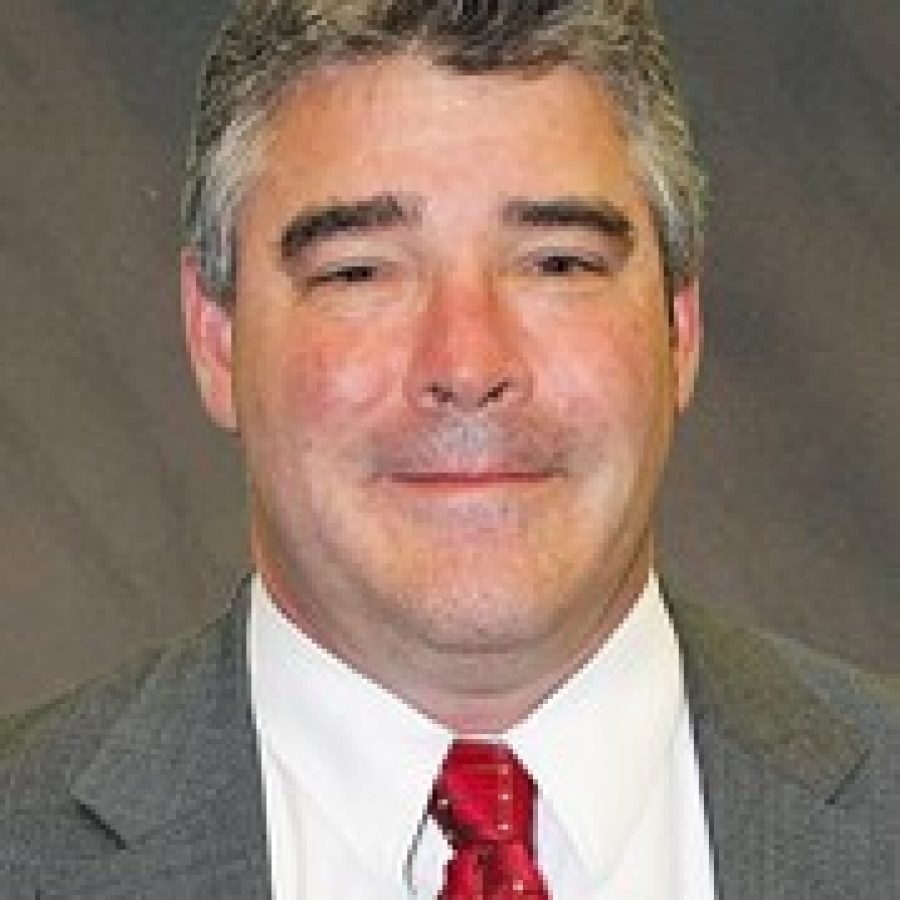
The financial outlook of the Mehlville School District could improve dramatically if the Proposition P tax-rate increase approved by voters in 2000 is permanently extended when its bond-like certificates are retired in 2021.
Although 2015’s Proposition R mostly restored money to school operation budgets rather than added new money, the $9 million the district receives annually in Prop P revenue could fund operations after certificates of participation, or COPs, issued to fund Prop P are paid off in 2021.
And due to a legal technicality stemming from Proposition T, Mehlville’s 31-cent tax transfer that was approved by voters in 2008, the school district could potentially keep collecting the money without another public vote.
After the Board of Education’s 2007 approval of a 6-percent across-the-board raise for employees sent the district into a financial spiral in early 2008, 62 percent of voters that fall approved Prop T, a no-tax-rate-increase tax transfer that moved $5.6 million from the debt-service fund to operations and extended the district’s bond indebtedness by 15 years, to 2029.
Officials credited Prop T with saving the school district from the brink of disaster, but the effects of the ballot measure may have an even longer-term effect on Mehlville’s finances.
The story begins with 2000’s Proposition P, a 49-cent tax-rate increase that was used for a districtwide building improvement program, including new buildings, new roofs and air conditioning, among other projects.
Voters approved the tax hike as a temporary measure that would sunset once its COPs were retired. They are scheduled to be paid off in 2021.
Legal opinions vary, but at least one attorney for the district has issued a legal opinion that when voters approved the district’s new tax-rate ceiling with Prop T, they reset the ceiling to permanently include the 49 cents from Prop P.
As such, the district would not have to seek voter approval to continue levying the 49 cents, which generates roughly $9 million a year.
Other observers believe that, whether the district has to or not, it should give voters the choice of whether they wish to continue sending Prop P money to Mehlville.
The issue will probably be decided by different people than are sitting around the table now, Superintendent Chris Gaines told the Call.
“There’s so much that can happen between now and then that for it to enter seriously into a conversation is interesting,” the superintendent said. “You don’t want to spend it before you have it, but you want to have a plan when you get there.”
In an attempt to get a firm legal opinion, Chief Financial Officer Marshall Crutcher has contacted state officials at multiple departments, who have all declined to weigh in on the issue.
Without that certainty, the resident-led Finance Committee is not taking the money into account in projections.
Panel Chairman Mark Hinsen said he questioned the district’s bond counsel after a recent meeting, and they said that there’s simply no legal precedent for the Prop P/Prop T situation. The issue could be challenged in court if someone sued Mehlville.
“It’s a total unknown, and there’s some disagreement on it,” is how Hinsen summarizes the opinions he has heard over the last year.
Although decisions are nearly four years away, the Prop P funds are factoring into opinions on whether the district can afford a proposed Choice School of Innovation, or CSOI. Notably, the panel unanimously recommended last month that the district cannot afford CSOI because the school would accelerate deficit spending by one year, from 2020 to 2019.
But those five-year projections do not include the potential $9 million in annual revenue from Prop P.
Even if the school district seeks voter approval, the revenue is a fairly safe calculation, former Board of Education President Dan Fowler recently told the Finance Committee.
He believes district voters would “comfortably pass” a 49-cent no-tax-rate-increase tax extension as 2021 approaches, as opposed to what he called the more “doom-and-gloom” committee view.
“So you’ve got another $9 million a year coming in within a matter of four years,” Fowler said. “Don’t panic here.”
When board member Kevin Schartner asked for projections with and without the money, Hinsen said, “That’s like making a financial commitment assuming you’re going to get a new job in two years that pays you more.”
“It’s a little more concrete than that,” Schartner said.
“Do you really want to put your eggs in a basket where we can’t get a legal opinion and we don’t know?” Hinsen said.
“That’s why I would never count on this,” Crutcher said.






















